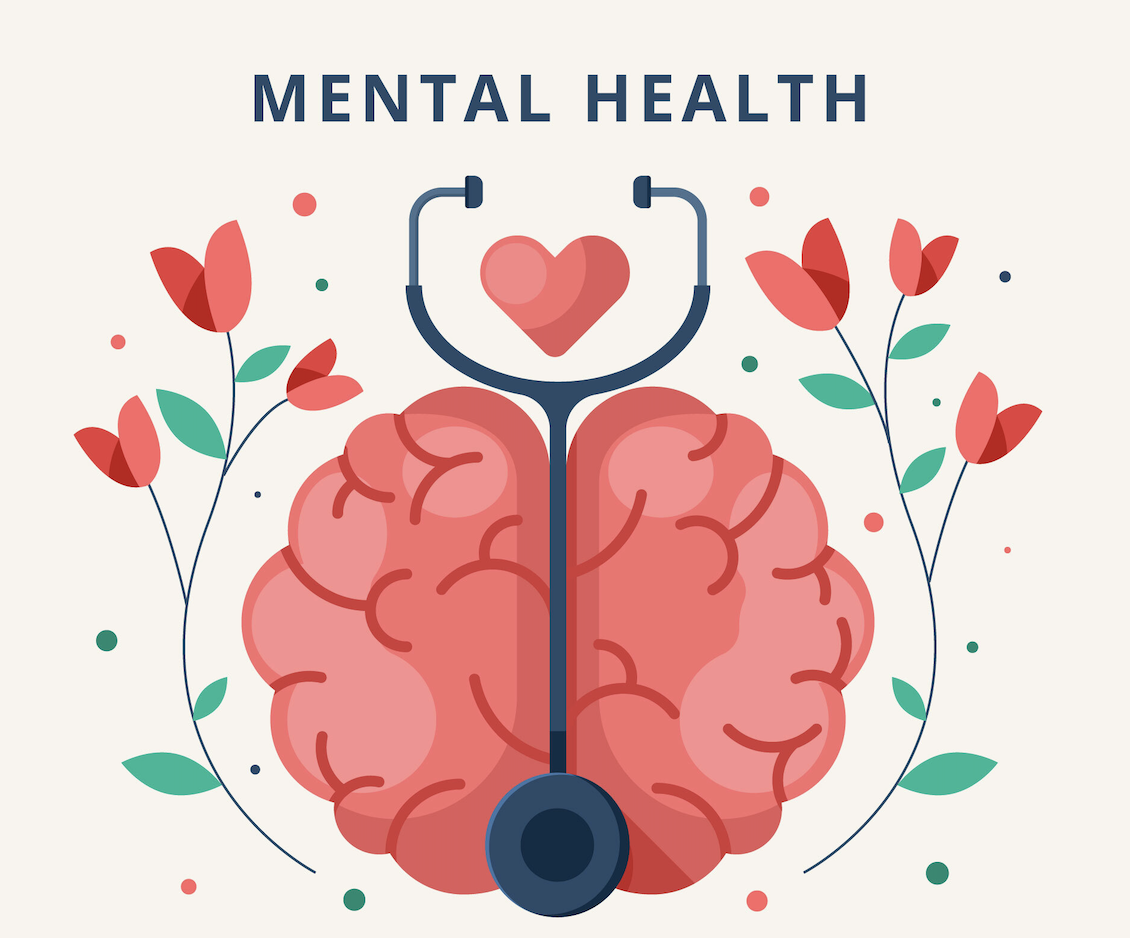How Does Music Impact a Person’s Mood?

March 13, 2023
Over the past decade, music and streaming platforms have been on the rise through radio stations, playlists that anyone can create and share, including social media platforms that are heavily influenced by songs such as TikTok. Students in high school are often allowed to have headphones in or more commonly AirPods which are Bluetooth wireless earbuds that can play music from a phone. Music for many people and myself help get us through the day and sometimes eliminate distractions to help students work more diligently on assignments and homework. However, music does have its consequences and there are studies out there that prove this. A popular study done in 2021 by psychologists at Texas A&M state that “listening to music is more distracting than beneficial” and “Multitasking is a fallacy; human beings are not capable of truly multitasking because attention is a limited resource, and you can only focus on so much without a cost (liberalarts.TAMU 3).” Certain songs on social media platforms such as TikTok, trend often due to their melancholy sounding chorus’ and eerie instrumentals, causing some to feel down and gloomy. Is this correlation a coincidence or is there actual scientific proof backing music and the impact it can have on a human’s mood?
A common example that is used when trying to explain this anomaly is through the use of music at the gym. In a 2012 study done by C. J. Bacon of Sheffield Hallam University, “participants who cycled in time to music required 7 percent less oxygen to do the same work as cyclists who did not synchronize their movements with background music” (scientificamerican 4). This study seems to provide evidence for music acting as a metronome for the human body, helping someone maintain a consistent and steady pace while decreasing overall expenditure. On the other hand, could music have the opposite effect on someone’s mood? While there is evidence that fast paced and upbeat songs have a positive impact on someone in the gym and their physical expenditure, could listening to mellow and dispiriting songs and genres negatively impact someone’s mood and performance. The common consensus for this argument is usually, “why would a person listen to sad songs when they are exercising and expending high amounts of energy.” To get an answer for this question, I went to someone that is an avid music listener and someone who wears headphones every time he goes to the gym. I was curious as to what student Nic Khang listened to while working out, and he had this to say, “I listen to all kinds of genres ranging from metal all the way to rap.” Nic also said “I couldn’t see myself working out to any sad or slow kinds of songs, it would only make it harder to lift heavy weights and get through my workout.” Another student I went to was Chase King, someone who brings their AirPods every day to school and listens to music all the time . “If I were working out, I would listen to music depending on how I feel before I enter the gym.” “If I’m feeling sad at all, I’ll listen to a playlist that has those kinds of songs on them.” So the answer to this question is conflicting and seems to be subjective to the person. While searching for the answer to if anyone listens to sad songs and how it impacts them, forums online and users tend to say, “listening to sad music can help an individual regulate their emotions in the gym (Quora).” Music is subjective to an individual’s taste and what they prefer. It impacts all of us differently and can impact a person’s mood in any which way. A study done by psychologists at the University of California, Berkeley, stated that, “when people listen to sad music, only around 25% say they actually feel sad (UB 3).” This study seems to answer the question at hand, music can impact certain people and their emotions more or less than others.








































